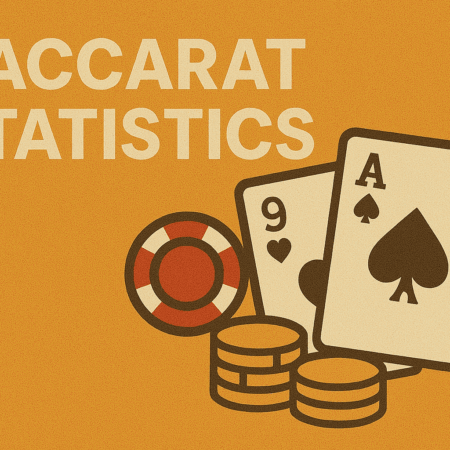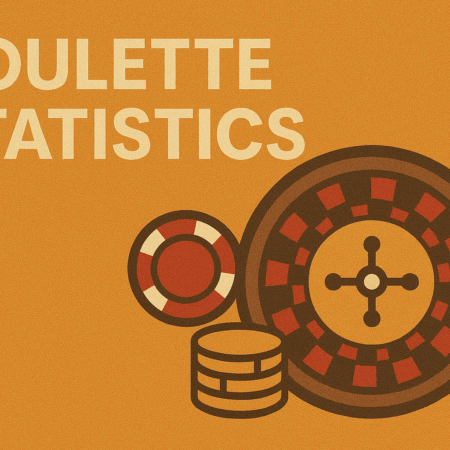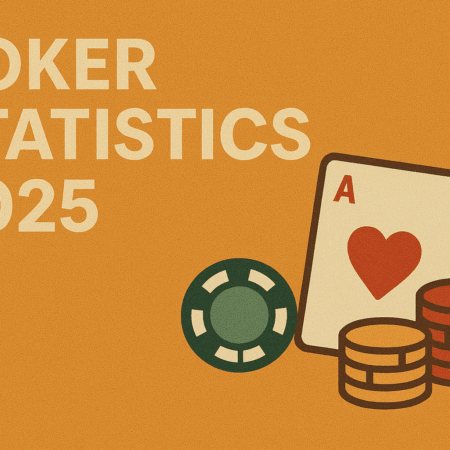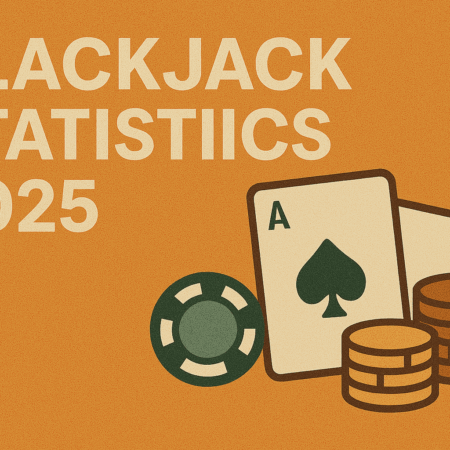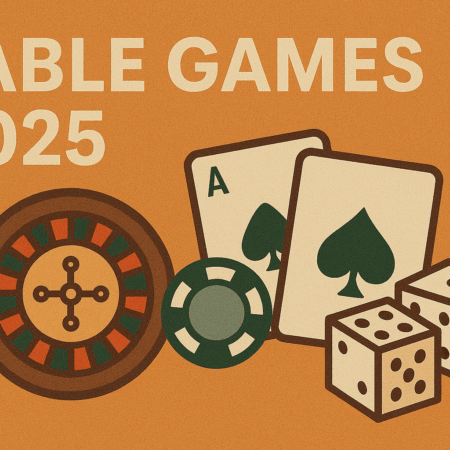
The social casino industry is still young and rapidly changing. Since the emergence of the first social casinos in 2008, many new casinos have opened and many questions exist about the industry’s future. The increasing popularity of social casinos creates new regulatory challenges as regulators weigh the dangers to society. This study explores the current landscape and predicts future challenges for the industry.
How Popular are Social Casinos?
Social casinos are at an all time high in popularity. Their demand has grown 8.3x in the last 10 years, from 12 to 100 on Google Trends when normalized. In fact, every month, over 4,100 people search for “social casino” in the USA according to the tool Ahrefs. The most popular states for social casinos are Alabama, Florida, Maryland, Nevada and Oklahaoma according to Google Trends. Ellers and Krejcik Gaming states that the Sweepstakes casino market reached 3.1 billion dollars in 2022.
What is a Social Casino and How Did It Start?
The first social casino was Wind Creek Casino, which launched in December 2008. This social casino originated as an extension of Wind Creek’s traditional casino. They offered a new platform for players to enjoy casino-style games without the financial risks associated with real-money gambling. The platform was online and featured traditional casino games. Wind Creek’s social casino leveraged sweepstakes regulations, which allowed them to operate under sweepstakes rules instead of traditional gambling rules. Sweepstakes rules require the casino to use virtual currency and offer a free-to-play option. Wind Creek’s success laid the groundwork for the social casino industry. Players liked the free-to-play option as well as online aspects of a social casino, while having the thrill and excitement of traditional casino games.
%20-%20V05.jpg)
The Current Landscape
The social casino industry today is broad with over 75 casinos in operation in the USA. Many more are opening as we speak. This study focuses on these 75 casinos at the date of publication. The image above highlights the most interesting casinos from a specific category. Here’s what we found out based upon category:
- Bitcoin Social Casinos: 12% of social casinos accept Bitcoin or some other crypto currency. These casinos cater to cryptocurrency enthusiasts and are quite rare among the social casinos.
- Real Money Accepted: In a separate category, 9.3% of social casinos allow players to use real money. This blurs the line between a social casino and traditional casino. Some of these casinos are a collaboration with a traditional casino.
- Cash Redemption: 49% of the market allow players to redeem rewards in cash. There is overlap between the real money casinos and this cash redemption category, meaning that many social casinos accept real money as well as redeems winnings in cash, which is very much like a real casino.
- App and Browser based: 32% of social casinos offers an app or browser based gaming.
- Browser based: 61% of social casinos studied are browser based only. This makes sense as both the Android Marketplace and iOS App Store take a 30% cut of revenue. It seems that most casinos agree, that it is better to just avoid dealing with that loss in revenue and that the mobile customer base is not worth it.
- App only: 6.6% of social casinos decided to niche themselves by offering app only gameplay. They want to target the mobile demographic, which is the vast majority of users nowadays, and are OK with a large cut going to Apple and Alphabet.
- Welcome bonuses: 78% of studied social casinos offer welcome bonuses, which is the vast majority. Social casinos, like traditional casinos, incentivize new users to sign up with bonuses.
In summary, the trend is that social casinos operate similarly to traditional casinos in that they offer welcome bonuses, and accept and/or redeem in cash. Most are browser based.
Challenges
As we have seen, social casinos differ from traditional casinos only in the fact that they offer a free-to-play option and also use tokens. This distinction might or might not be enough to defend it from increasing scrutiny from regulators. In addition to this, many have raised concerns about an increased potential for addiction, as social casinos do not have the same regulations as traditional casinos. The social casino industry also faces concerns about business transparency, as they lack regulations that traditional casinos have.
Regulatory Landscape
Social casinos are relatively new and there’s still many regulatory questions:
- Lack of Uniform Regulations: Unlike traditional casinos, social casinos face inconsistent regulatory requirements across different jurisdictions. Sweepstakes casinos are legal in 43 states with for a few exceptions:
- Washington: Washington state has strict laws against online gambling, and sweepstakes casinos are explicitly illegal.
- Idaho: Idaho has regulations that restrict online sweepstakes gambling.
- Nevada: While Nevada is a hub for gambling, the state’s laws are strict about what constitutes legal gambling, and sweepstakes casinos do not fit within the legal framework.
- Montana: Montana has regulations that impact sweepstakes casinos, making them generally not allowed.
- Wyoming: Wyoming has restrictions on sweepstakes-style gambling, making it difficult for sweepstakes casinos to operate legally.
- Hawaii: Hawaii bans all forms of gambling, including sweepstakes casinos.
- Utah: Similar to Hawaii, Utah has a complete ban on all forms of gambling, including sweepstakes casinos.
- Classification of Virtual Currency: The use of virtual currency complicates regulatory oversight. While these coins often have no direct monetary value, the ability to redeem virtual winnings for cash prizes blurs the distinction between social gaming and real-money gambling, as we have seen earlier. In the state of Washington, the courts ruled that the use of virtual currency still does not allow for social casinos to exist (https://cdcgaming.com/washington-judge-rules-that-high-5-games-social-casino-is-illegal/).
Potential for Addiction
Critics argue that social casinos can contribute to gambling addiction similar to traditional casinos:
- Psychological Impact: Social casinos employ game mechanics and reward systems designed to engage players and encourage extended play, potentially leading to compulsive behavior and addiction.
- Youth Exposure: Despite age restrictions, there is concern that younger audiences can still access these platforms, exposing minors to gambling-like experiences at an early age.
Transparency in Business Practices
Transparency issues also affect the social casino industry:
- Odds and Payouts: There is often a lack of clarity regarding the odds of winning in social casino games. Unlike regulated gambling environments, social casinos may not provide sufficient information about winning chances.
- Monetization Strategies: Social casinos generate revenue through the sale of coins and in-game purchases, which can confuse users about their losses.
The Future
The future for social casinos will probably involve more regulations and more clarification from the courts. This is to deal with their potential for addition and business practices. As social casinos become more popular, the public would want social casinos to be regulated similarly to traditional casinos. The line between a social casino and traditional casino is very thin but stark. Because of the similarities, social casinos would receive just as much regulations as traditional casinos.
In the meantime, more social casinos will enter the market during this gold rush. They will do so to capture market share as well as be the dominance player in this booming industry. As we have seen, social casinos are maturing quickly since Wind Creek Casino and many operate very closely to traditional casinos. They’re also optimizing their economics by avoiding the App Store or Android Marketplace and are incentivizing users with welcome bonuses. The future for social casinos is going to be a dynamic and active one.
Methodology
We conducted this study by searching for all mentioned social casino brands on the Internet, including ones that are discussed on Reddit and are yet to launch. From those, we identified the top 75 casinos and researched their offering and differentiation. From that, we classified them into categories. The top categories were highlighted in the infographic and discussed about in the article.
Sources
- https://iagr.org/industry-news/iagr-report-reveals-challenges-and-themes-in-global-gambling-regulation/
- https://www.gamblingnews.com/news/regulatory-pressure-forces-vgw-to-withdraw-social-casinos-from-michigan/
- https://ciicentral.com/online-casinos-regulatory-frameworks/

 Canada
Canada Deutsch
Deutsch Español
Español New Zealand
New Zealand Peru
Peru Português
Português 中文 (中国)
中文 (中国) 日本語
日本語